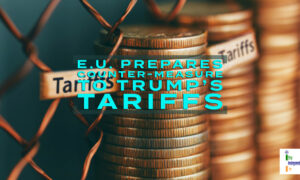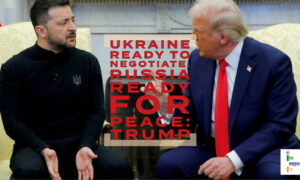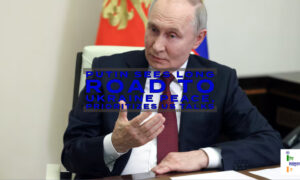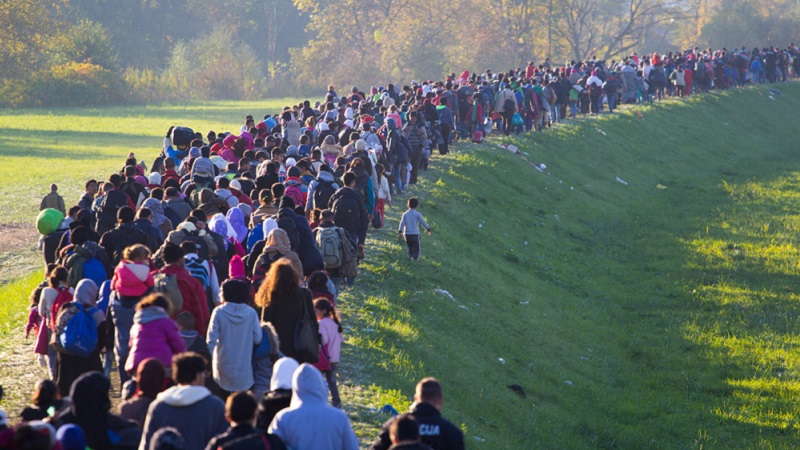
Hungary and Poland are setting-up a joint institute to assess the state of rule of law across member states of European Union (E.U.) to avoid being taken for granted and being accused of breaching the rule of law.
The Minister of Foreign Affairs of Hungary – Peter Szijjarto held a meeting with his Polish counterpart – Zbigniew Rau in Budapest, where the two discussed the scope and functionality of the institute. He also accused Western European nations of using Poland and Hungary as a punchbag.
The rule of law guarantees fundamental rights and values, allows the application of EU law, and supports an investment-friendly business environment. It is one of the fundamental values upon which the EU is based on.
The institute would examine how the rule of law has been upheld across the E.U. and would avoid “double standards” being applied to Hungary and Poland.
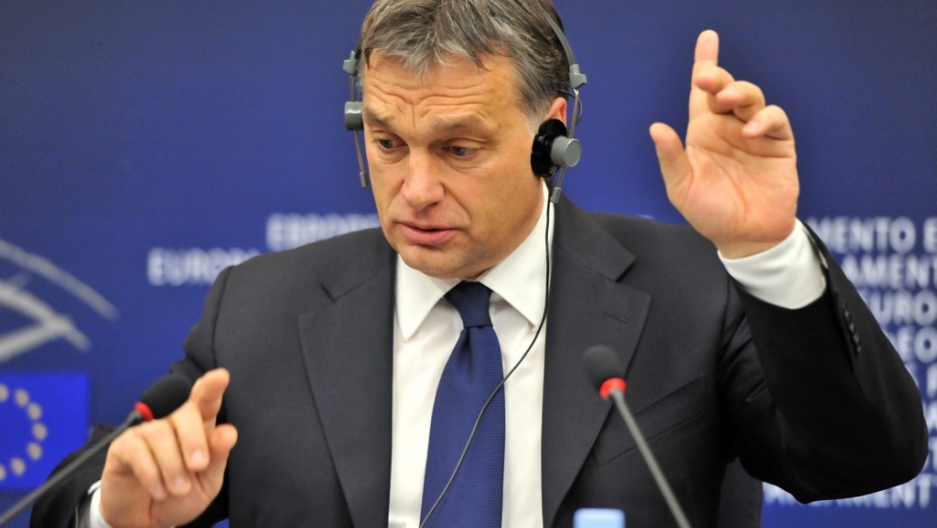
Speaking on the occasion, Peter Szijjarto said, “The aim of this institute of comparative law would be that we should not be taken for fools.”
Hungarian Prime Minister Viktor Orban’s political party – Fidesz and Law and Justice Party (PiS) of Poland have long been accusing E.U. of exercising double standards with them.
Orban believes that the rule of law dispute is a ‘hidden weapon of the “frugals” to stop the Next Generation Fund. To make any contact or connection between rule of law and the financial interest of the E.U. is the way to block implementation of the decision of the Council.
Hungary and Poland are post-communist states and they do get financial aid from E.U. However, their respective Governments have received backlashes for putting the courts and judges, media and academics, non-government organisations and rights groups under direct Government control.
This move comes after E.U. launched “EU’s Pact on Migration & Asylum” across the bloc to manage migration and resolve the years of bitterness and provide a safe home to refugees coming from Middle East and Africa. The German-backed pact requires all 27 E.U. countries to take part. The most critical element would de facto oblige each state to host some refugees, something which Poland and Hungary have always refused. Member States would have to either take in refugees or take responsibility of sending back those refused asylum.
Speaking to Reuters, Orban stated, “Nobody can step into the Hungarian territory without having a legally completed procedure and getting a clear permission to do so…Migration in Hungary is a national security issue.”
He is not opened to having a parallel society or open society or a mixed-up culture. He also denied charges of fluting democracy and said that he would continue to resist those who want an “empire-like” EU built-up.
In a series of tweets, Kovacs tweeted, “Since 2015, the stance of the HU Gov’t on migration has been clear and unchanged. We have presented this stance and our proposals on several occasions. We believe that the EU and its member states must cooperate in keeping the looming migration pressure outside our borders.”
“To this end, we should form alliances with countries of origin, so that they are able to provide proper living standards and ensure that their people do not have to leave their homelands. Instead of importing the trouble to Europe, we must bring help to where it is needed,” he further tweeted.
Hungary opines that external hotspots will have to be established to process asylum claims and it must be ensured that the external borders of the E.U. and the Schengen Area remain perfectly sealed along all sections. Hungary claims that since the 2015 migration crisis, the Hungarian Government has spent more than 1 billion euros on protecting the borders of Hungary and E.U., without a single cent of contribution from Brussels.


